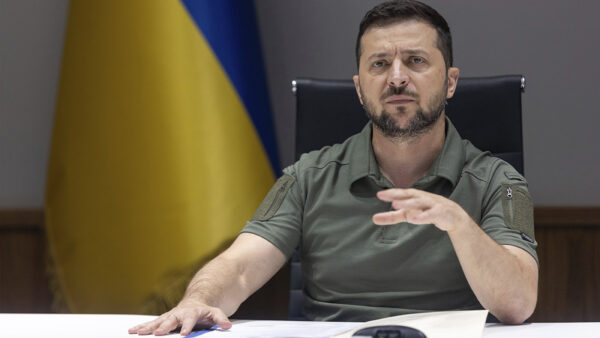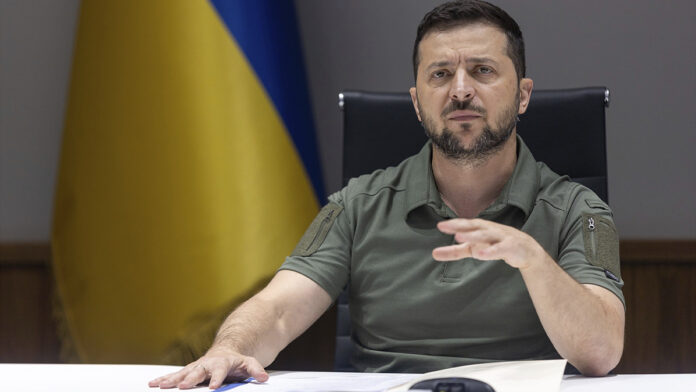Ukraine has sharply accused Russia of deliberately undermining the upcoming round of peace talks in Istanbul, warning that Moscow’s refusal to provide its peace proposals in advance signals a lack of serious commitment to ending the war. The diplomatic friction comes just days before delegations from both nations are expected to meet in Turkey, with little optimism for a major breakthrough.
Ukrainian President Volodymyr Zelensky, in a recent address, questioned Russia’s sincerity, stating that Moscow is “doing everything it can to ensure the next possible meeting is fruitless.” He emphasized that for any talks to be meaningful, “its agenda must be clear, and the negotiations must be properly prepared.”
The core of Kyiv’s frustration stems from Russia’s insistence on withholding a detailed “memorandum” outlining its conditions for peace. While Russia has confirmed it is sending a team to Istanbul for talks on Monday, June 2nd, and Kremlin spokesman Dmitry Peskov indicated that Moscow’s ceasefire conditions would be discussed there, Ukraine has stressed that it needs to see these proposals before the meeting.
Ukrainian Foreign Minister Andrii Sybiha reiterated Kyiv’s demand on Friday, stating that Ukraine had already sent its own “vision of future steps” to Russia, which includes a clear reaffirmation of “readiness for a full and unconditional ceasefire.” Sybiha underscored the importance of continuing these meetings, stating, “We are interested in seeing these meetings continue because we want the war to end this year.”
The upcoming Istanbul talks would mark the second direct negotiation between Kyiv and Moscow since the full-scale invasion began in February 2022. The first round, held in Istanbul two weeks ago, achieved a prisoner of war swap but no significant breakthrough on a broader peace settlement.

Adding to the complexity, Turkish Foreign Minister Hakan Fidan has expressed hopes of eventually hosting a high-level summit involving Presidents Trump, Putin, and Zelensky. However, Peskov quickly tempered these expectations, stating that Moscow would only entertain such a high-level meeting if meaningful progress is achieved in the preliminary discussions. He also welcomed recent comments from President Donald Trump’s envoy to Ukraine, retired Gen. Keith Kellogg, who described Russian concerns over NATO enlargement as “fair,” suggesting that Ukraine’s NATO membership was “not on the table.”
Despite the diplomatic maneuvering, the reality on the ground remains grim. Russia has intensified its aerial assaults across Ukraine and is reportedly preparing for a renewed summer offensive. Ukrainian officials accuse Russia of using these diplomatic overtures as delaying tactics to consolidate battlefield gains.
While Russia’s UN envoy, Vasily Nebenzya, recently stated that Moscow would “consider” a ceasefire if Kyiv stopped receiving Western weapons and halted mobilization, Ukraine swiftly rejected this as disingenuous, calling it a “slap in the face to all who advocate for peace.”
The ongoing war of words ahead of the Istanbul talks highlights the deep mistrust and vastly different approaches to a potential peace settlement. Kyiv seeks a full and unconditional ceasefire as a prerequisite for broader negotiations, while Moscow continues to press for a discussion of the “root causes” of the conflict, which often includes sweeping demands regarding Ukraine’s territorial integrity and its geopolitical alignment. With a clear divergence in fundamental positions and a significant lack of transparency from the Russian side, the path to a meaningful resolution in Istanbul appears, for now, to be fraught with challenges.
